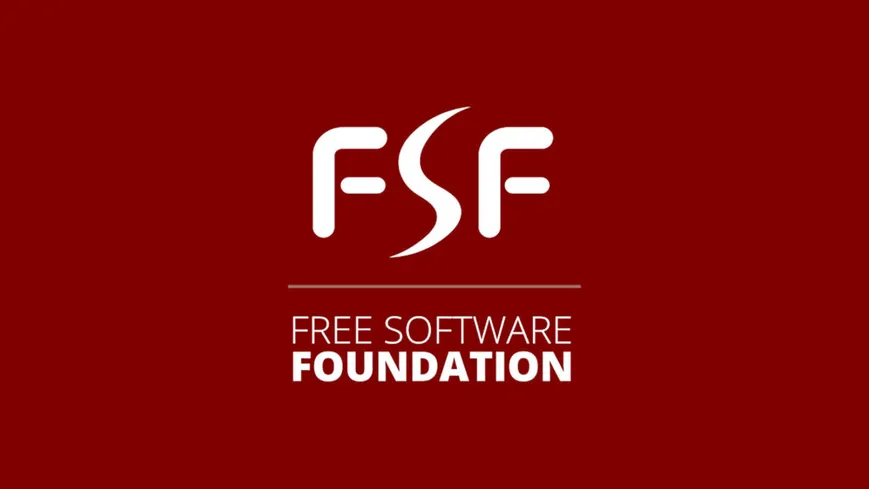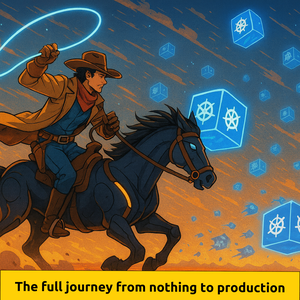
TL;DR
The Free Software Foundation launched the Librephone project to replace proprietary Android components with open-source alternatives, aiming for complete software freedom.
Key Points
Highlight key points with color coding based on sentiment (positive, neutral, negative).The Librephone project aims to eliminate non-free binary blobs in firmware, enhancing user freedom and creating a fully free software ecosystem for smartphones.
The project is led by Rob Savoye, an experienced developer known for his work on GNU projects, providing a strong technical backbone for the initiative.
The FSF plans to reverse-engineer proprietary firmware and drivers, creating open alternatives that align with their strict criteria for "entirely free" systems.
Engineers face significant challenges in reverse-engineering proprietary Android files due to the complexity of modern phones and the proprietary nature of many hardware components.
Unlike other open-source mobile OS projects, Librephone aims for absolute purity by eschewing any non-free components, which could limit initial hardware support but appeals to purists in the free software community.
Stakeholder Relationships
An interactive diagram mapping entities directly or indirectly involved in this news. Drag nodes to rearrange them and see relationship details.People
Key entities and stakeholders, categorized for clarity: people, organizations, tools, events, regulatory bodies, and industries.Leads the technical aspect of the Librephone project, focusing on reverse-engineering proprietary Android files.
Organizations
Key entities and stakeholders, categorized for clarity: people, organizations, tools, events, regulatory bodies, and industries.Initiated the Librephone project to achieve complete freedom for Android phones by replacing proprietary files with open-source alternatives.
Timeline of Events
Timeline of key events and milestones.The Free Software Foundation (FSF) celebrates its 40th anniversary, marking four decades of advocacy for free software.
The FSF announces the launch of the "Librephone" project, aiming to achieve complete freedom for Android phones by reverse-engineering and replacing proprietary files with open-source alternatives.
Ian Kelling is appointed as the new president of the FSF, coinciding with the announcement of the Librephone project.
The Librephone project begins testing various Android devices, including Google Pixels, based on the existing free OS LineageOS.
The project garners significant attention and support from the developer community, with discussions and enthusiasm noted on platforms like Hacker News.
Skepticism arises regarding the feasibility of reverse-engineering modern phones with limited resources before they become obsolete.
Rob Savoye, an experienced developer known for his work on GNU projects, is selected to lead the technical aspect of the Librephone project.
The project emphasizes hardware compatibility and user control, aiming to create open alternatives to proprietary firmware and drivers.
The initiative is positioned as a philosophical statement against data commodification, aiming to democratize mobile computing and empower users globally.
The timeline for the project's completion remains uncertain, with potential for years of development before a viable prototype emerges.
Long-form summary
The Free Software Foundation (FSF) has embarked on the "Librephone" project, aiming to achieve complete freedom for Android phones by replacing proprietary files with open-source alternatives. This initiative seeks to remove non-free binary blobs in firmware, enhancing user freedom and control over mobile devices. The FSF, known for its advocacy for free software, is focusing on reverse-engineering proprietary components to create a fully free software ecosystem for smartphones. Rob Savoye, an experienced developer with a background in projects like Gnash and OpenStreetMap, leads this effort.
Librephone is not about creating a new operating system but improving the current state of freedom by replacing proprietary components with open-source code. Unlike other Android projects such as LineageOS and Replicant, which may include some non-free components, Librephone aims for absolute purity, avoiding any non-free elements. This uncompromising stance may limit initial hardware support but appeals to purists in the free software community.
The project has already begun testing various Android devices, including Google Pixels, and is based on existing free OS distributions like LineageOS. Despite skepticism about the feasibility of reverse-engineering modern phones with limited resources, the initiative has garnered significant attention and support from the developer community. Challenges include dealing with proprietary chips and ensuring hardware compatibility, as most smartphones rely on components that resist full openness.
The FSF plans to collaborate with communities to reverse-engineer these elements, potentially leading to custom devices or modifications for existing ones. The project also aims to bridge the gap between ideology and usability, focusing on core functionalities and community-driven features. Librephone represents a philosophical statement against data commodification, prioritizing user freedom over features. The FSF hopes to inspire hardware manufacturers to prioritize open designs and foster innovation in privacy-focused technology. While the project's timeline remains uncertain, its success could democratize mobile computing and empower individuals in regions with limited access to open tools, potentially catalyzing a wave of free software innovations.
Enjoyed it?
Get weekly updates delivered straight to your inbox, it only takes 3 seconds!Subscribe to our weekly newsletter VarBear to receive similar updates for free!
Give a Pawfive to this post!
Start writing about what excites you in tech — connect with developers, grow your voice, and get rewarded.
Join other developers and claim your FAUN.dev() account now!
FAUN.dev()
FAUN.dev() is a developer-first platform built with a simple goal: help engineers stay sharp withou…

VarBear #SoftwareEngineering
FAUN.dev()
@varbearDeveloper Influence
28
Influence
1
Total Hits
110
Posts
Featured Course(s)

Observability with Prometheus and Grafana
A Complete Hands-On Guide to Operational Clarity in Cloud-Native Systems

End-to-End Kubernetes with Rancher, RKE2, K3s, Fleet, Longhorn, and NeuVector
The full journey from nothing to production















